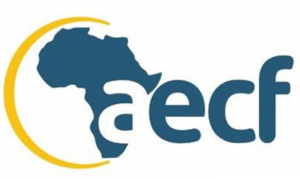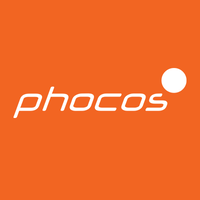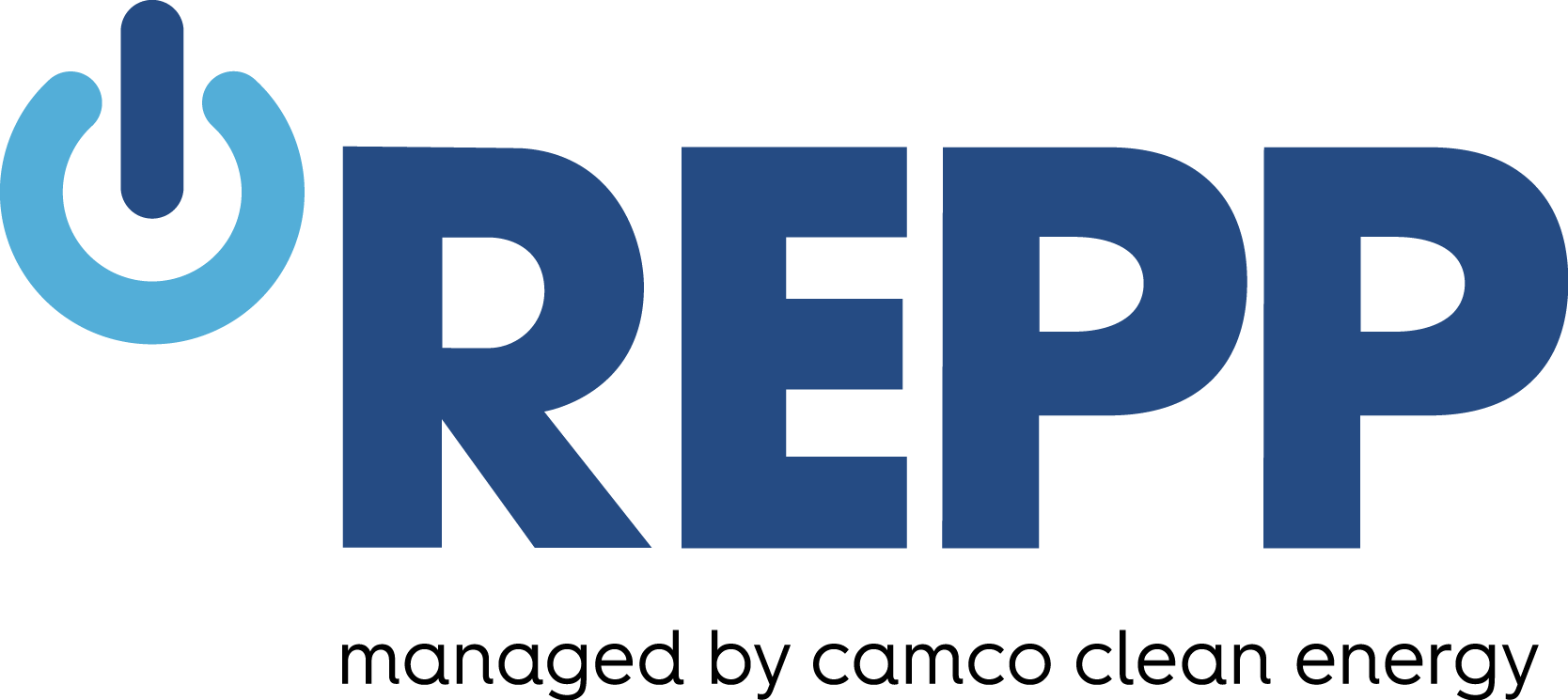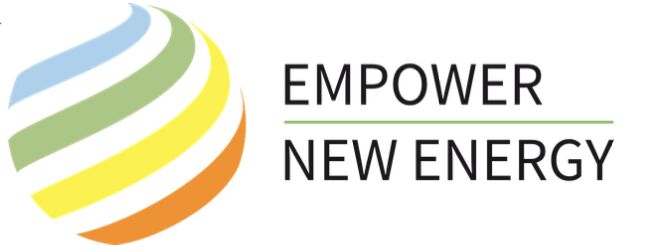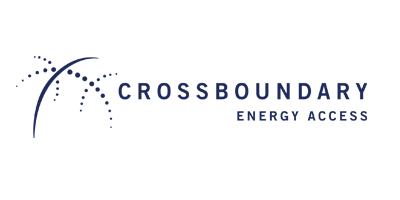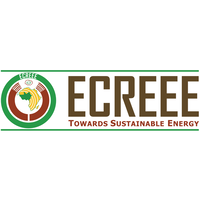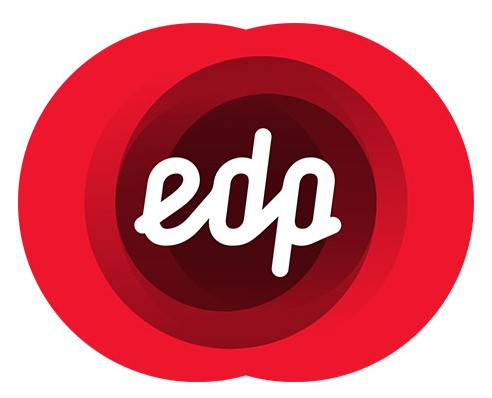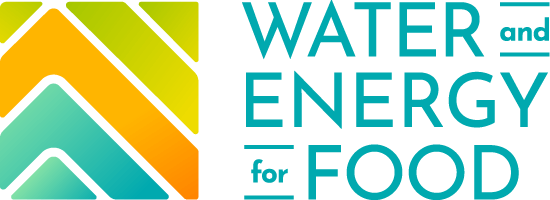- Bboxx, EDF, and SunCulture team up with Togo Government to accelerate access to sustainable solar-powered farming
17 December 2020: Bboxx, a next generation utility, EDF, a global leader in low-carbon energies, are expanding access to solar-powered irrigation systems for thousands of farmers. With the launch of this new business line, Bboxx and EDF are stepping up the pace of their cooperation launched in 2018 with the creation of a joint-venture Bboxx EDF Togo. The latter is committed is making sustainable irrigation more accessible for underserved communities in Togo, increasing agricultural productivity, generating additional income, and improving economic opportunities.
As part of the partnership, the Government of the country is providing a 50% subsidy to halve the cost of irrigation systems for 5,000 farmers. This is alongside tax exemptions on import duties and VAT on the water pumps, making the product more affordable for the end user – smallholder farmers in Togo. This builds on the “CIZO cheque” subsidy launched in 2019 by the Togo Government, which made solar energy more affordable to help overcome energy poverty.
Supplied by solar irrigation provider SunCulture, EDF’s partner and affiliate in Kenya, Bboxx EDF Togo will be deploying the water pumps and arranging financing for customers. The Togolese market will benefit from SunCulture’s experience from having rolled out this solution at a large scale in East Africa. EDF brings its hands-on expertise in the sale and installation of off-grid solutions in Central and West African markets. The irrigation systems to be deployed in Togo will also benefit from EDF’s technical R&D expertise in the off-grid sector, where EDF will oversee design choices and help enhance product performance.
The water pumps will be integrated with Bboxx Pulse®, Bboxx’s comprehensive management platform using Internet of Things (IoT) technology, allowing for remote management and monitoring. The services will be provided on the same pay-as-you-go (PAYG) model used by Bboxx’s Solar Home Systems (SHSs).
This deal will improve farmers’ economic opportunities by increasing productivity by up to five times, while removing the need to travel long distances to bring back water. It will enable farmers to secure a harvest even during the dry season, with the possibility to grow higher value crops. It will also create additional irrigation by increasing the area cultivated. This contributes to the United Nations Sustainable Development Goal 8 – decent work and economic growth.
As market leaders in Togo and joint venture partners since 2018, this latest announcement comes as Bboxx and EDF double down on scaling their operations. Working as part of the Togo Government’s national electrification “CIZO” programme, Bboxx EDF Togo already has a substantial footprint and network in the country. They have positively impacted over 120,000 citizens’ lives thanks to domestic off-grid solar kits offering access to clean, reliable and affordable energy. Both partners are now committing to expanding energy to an even larger part of Togo’s population, while also moving into other much-needed services, like sustainable agriculture.
Mansoor Hamayun, CEO and Co-Founder of Bboxx, commented: “Strengthening our partnership with EDF in Togo by expanding our energy services and moving into sustainable agriculture, is an exciting milestone in our joint venture. For farmers in rural Togo, this latest deal will be life-changing, improving productivity, household income and quality of life, while fostering economic development at scale and contributing to the UN’s Sustainable Development Goals.
“The Togo Government’s subsidy is vital to accelerate this programme to thousands of farmers and make sustainable agriculture affordable for all. We are passionate about leveraging our pioneering technology to contribute to the green economic recovery. We are making energy and other vital services more accessible as we continue on our mission to unlock potential and transform lives.”
Xavier Rouland, EDF’s Off-Grid Department Director, commented: “After two years of growth in Togo in the field of solar kits, this new step is crucial for us since it will help boost the rural economy, offering farmers tools that increase their incomes while using more environmentally friendly solutions. We are very proud, with our partner Bboxx, and thanks to the political will of the Togolese authorities, to bring forward the solar powered irrigation know-how of SunCulture, EDF’s Kenyan partner, as well as our experience of the off-grid market in West Africa.
“This operation is the embodiment of our ambition in the off-grid business: to create synergies between our various partners and companies in our different countries of operation, for the benefit of rural populations and the improvement of their economic and living conditions.”
Samir Ibrahim, CEO & Co-Founder of SunCulture, commented: “We are in a global food crisis, and this subsidy program is an important showcase of how innovating financing can play a leading role in addressing food insecurity across Africa. This partnership will be catalytic in promoting off-season and higher-value agriculture across Togo, and we’re certain that it will pave the way for other sub-Saharan African countries to mobilize resources to address food crises, improve livelihoods, and spur economic development.
“We are thrilled to be a contributing partner in Africa’s largest public/private partnership utilizing smart solar irrigation subsidies, and in doing so, ensuring that sustainable agriculture is both affordable and accessible to those who stand to gain the most.”
###
About Bboxx: Bboxx is a next generation utility, transforming lives and unlocking potential through access to energy. Bboxx manufactures, distributes and finances decentralised solar powered systems in developing countries. It is scaling through forging strategic partnerships and its innovative technology Bboxx Pulse®, a comprehensive management platform using IoT technology. Through affordable, reliable, and clean utility provision, Bboxx is bringing people into the digital economy, creating new markets, and enabling economic development in off-grid communities and those living without a reliable grid connection. The company is positively impacting the lives of more than one million people with its products and services in over 35 markets, directly contributing to 11 of the 17 United Nations Sustainable Development Goals.
So far, Bboxx has deployed more than 350,000 solar home systems. Bboxx has over 800 staff across nine offices including in Democratic Republic of Congo, Kenya, Rwanda, and Togo, with its head office in the UK and its manufacturing operations in China. In 2019, Bboxx was the winner of the Zayed Sustainability Prize in the Energy category – testament to the way the company is making a meaningful difference to people’s lives around the world.
About EDF: A key player in energy transition, the EDF Group is an integrated electricity company, active in all areas of the business: generation, transmission, distribution, energy supply and trading, energy services. A global leader in low-carbon energies, the Group has developed a diversified generation mix based on nuclear power, hydropower, new renewable energies and thermal energy. The Group is involved in supplying energy and services to approximately 38.9 million customers(1), 28.8 million of which are in France. It generated consolidated sales of €71 billion in 2019. EDF is listed on the Paris Stock Exchange.
(1)The customers were counted at the end of 2019 per delivery site; a customer can have two delivery points: one for electricity and another for gas.
About SunCulture: SunCulture develops and commercializes life-changing technology that solves the biggest daily challenges for the world’s 570 million smallholder farming households. The company is a market leader in solar-powered water pumps and irrigation systems, serving customers in Kenya, Ethiopia, Uganda, Zambia, Senegal, Togo, and Cote D’Ivoire. SunCulture’s investors and partners include EDF, EAV, ARAF, DPI, Shell Foundation, USAID, Microsoft Corporation, and MIT. The company is recognized as a Bloomberg New Energy Pioneer and a Financial Times Transformational Business, and was named to the London Stock Exchange’s “Companies to Inspire Africa” index.






